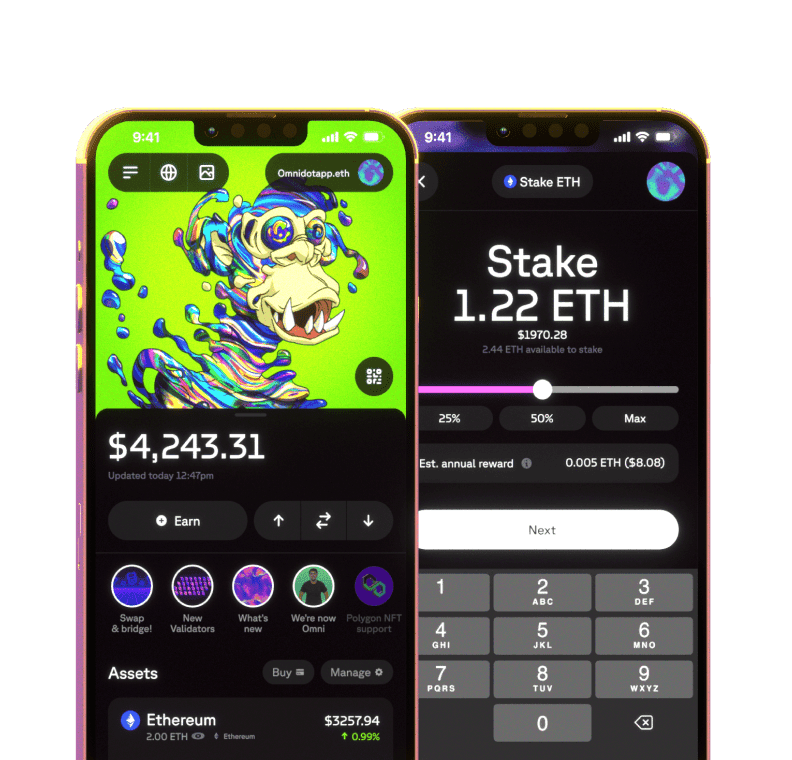52-Week Range Definition in Crypto
The 52-week range is a key metric in financial markets, including cryptocurrency. It represents the highest and lowest prices an asset has hit over the past year. Given how volatile crypto can be, this range offers a quick snapshot of an asset’s price behavior, helping traders and investors spot trends and make informed moves.
How traders use the 52-week range
The 52-week range isn’t just a historical reference—it’s a tool traders use in several ways. Here’s how it plays into different strategies:
1. Breakout trading
When a crypto asset pushes past its 52-week high, it often attracts buyers expecting further gains. This can fuel a strong uptrend. On the other hand, dropping below the 52-week low might signal a bearish trend, prompting traders to exit long positions or go short.
2. Mean reversion
Some traders believe prices tend to return to their average over time. If a cryptocurrency is near its 52-week high, it could be overbought and due for a pullback. Conversely, it might be oversold and poised for a rebound if it's near the low.
3. Support and resistance levels
The 52-week high and low often act as key price levels. If Bitcoin approaches its 52-week low, some traders see it as a buying opportunity, expecting a bounce. Meanwhile, the high might act as resistance, encouraging profit-taking.
Limitations of the 52-week range strategy
While useful, the 52-week range isn’t foolproof. Here are some of its drawbacks:
1. It’s based on past data
The 52-week range only reflects historical prices—it doesn’t predict the future. Crypto markets move fast, influenced by regulations, tech developments, and shifting sentiment.
2. False breakouts happen
Sometimes, a crypto asset breaks past its 52-week high or low, only to reverse direction quickly. These fake-outs can trap traders.
3. It ignores bigger trends
A 52-week range provides a one-year snapshot, but depending on your strategy, longer-term trends or shorter-term fluctuations might be more relevant.
4. The crypto market is easily manipulated
Whale activity, pump-and-dump schemes, and market manipulation can distort price movements. This can make the 52-week range unreliable as a standalone tool.
5. It can trigger emotional trading
Prices near the 52-week high or low can spark strong emotional reactions. Fear of missing out (FOMO) can drive people to buy at the top, while panic selling can push prices lower than necessary.

